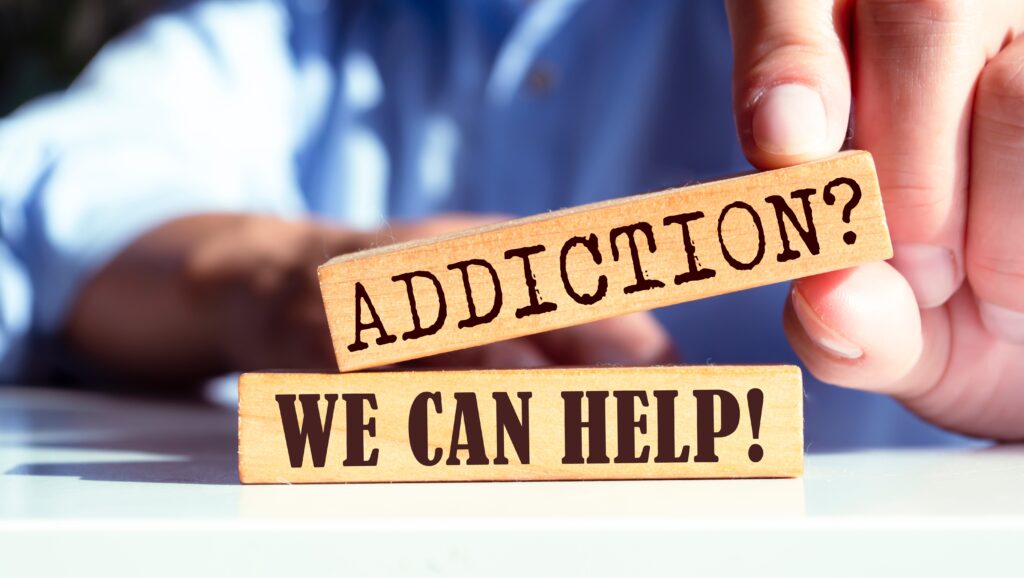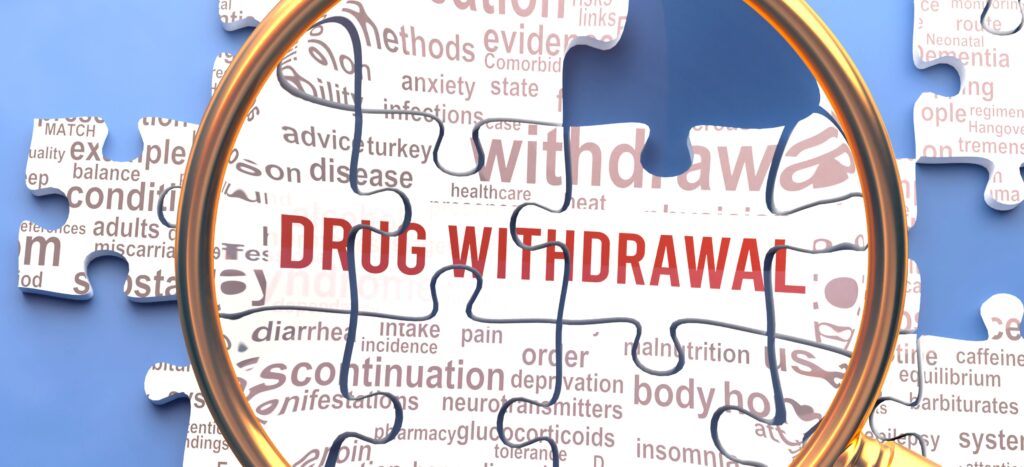Substance abuse disorder is a disease that doesn’t have the same effect on every patient. There is a range of symptoms that every person experiences once they have completely surrendered to alcohol and drugs. Ranging from mild to severe, this disease wouldn’t let any two people have the exact same symptoms and effects. This is the primary reason why treatment for substance abuse disorder depends heavily on the number of symptoms a patient has.
Some people develop such a strong dependence on drugs and/or alcohol, that the moment they stop using, they develop a series of withdrawal symptoms. Now, these symptoms are a different nightmare altogether. These are nothing but side effects where the body is responding in the absence of these substances. Withdrawal symptoms can be painful, exhilarating, and ultimately very critical to a patient’s health. This is where detox becomes imperative. But, what is detox, and what can one expect when going into detox?
Detoxification
Detoxification or detox is a process that attempts to take a patient out of the grasp of addiction, and assist them in living a healthy life. Detoxification isn’t a single process, but a combination of different processes which are performed to help the patients overcome their substance abuse disorder. This treatment, depending on the level of addiction, can take a week or even one month to complete.
However, the risk of relapsing persists even after detoxification is complete. For this very reason, patients in recovery are told to avoid any distractions or situations that can compromise their sobriety. They are advised to follow the set schedule that they were introduced to during the detoxification process, and always be honest with the progress. This is why detox is a never-ending process because even a seemingly small negligence can cost a patient their months of hard work.
Detoxification Process – What To Expect
The ultimate aim of a detox process is to limit the negative effects posed by the withdrawal symptoms, thereby allowing their patients to have a safe and comfortable experience. After the patients complete the detoxification process, they are advised to get in touch with a rehabilitation center or join a treatment program to receive an intensive series of therapies.
Detoxification programs are supported by trained specialists and are conducted at a designated facility or a treatment center. This whole process is supervised by professional doctors, nurses, and other trained staff. The idea here is to make the patients feel good so that all they focus on is their recovery. Here’s how a typical detox process looks like:
Assessment
Before stepping into the detox center, there will be a series of assessment round headed by a medical professional. They try to assess the condition of the patient by observing their medical history, level of addiction, and other parameters. Based on the conclusions derived, the medical professional prepares a custom detox plan that’s specific to the patient. The process is followed for every patient so that every condition is tackled as it should be.
Withdrawal Symptoms
These are the side effects experienced by a patient when they stop using drugs and/or alcohol. The intensity and type of these symptoms depend majorly on how long the person has been addicted, how much they used to consume, the type of substance used, and their overall physical and mental health. Again, these side effects vary from patient to patient, and what happens to one doesn’t offer any surety that it will happen to the other.
Withdrawal symptoms are either physical or psychological effects, with a strong possibility that it can be both. These include:
Physical symptoms
- High body temperature
- Chills
- Sweating
- Shivering and shaking
- High blood pressure
- High heart rate
- Exhaustion
- Fatigue
- Bone and muscle pain
- Unpleasant dreams
- Nausea and vomiting
- Headaches and migraines
- Abdominal pain
- Runny nose
Psychological symptoms include:
- Paranoia
- Anxiety attacks
- Irritability
- Depression
- Sleeplessness or insomnia
- Difficulty in concentration
- Cravings for drugs/alcohol
- Mood swings
- Confusion
These symptoms are all a part of the detox cycle, and the presence of medical professionals makes it easy for the patients to go through this hard phase. Self-medicating in such cases can worsen the condition instead of improving it.
Medication
In this process, patients are provided with medications to help them cope with the withdrawal symptoms. However, no medicine can help prevent every withdrawal symptom out there. But some medicines can assist in good sleep, ease anxiety, reduce depression, and help provide peace to the mind. These medications can help counter the many problems associated with withdrawal symptoms and offer a soothing comfortable experience.
24/7 Support
There’s one aspect that makes inpatient treatment programs stand out from the lot. The fact that all the patients are provided with 24-hour support says a lot about the level of attention patients get during a detox process. If any of the residents feel anything off or uneasy, they can call in the medical staff who can help the patients in all ways possible. Unlike self-medication, detox centers aren’t places where you feel low and there’s no one around. Their professionals always up for helping the patients with whatever they are feeling.
Detoxification Process – How Long Does It Last?
Typically the process takes around 7 to 10 days to complete, however, it depends on the level of addiction and the type of drugs the patient is addicted to. The duration can stretch if doctors at the detox centers deem it necessary. Following the detoxification process, patients are ready to join the rehabilitation program which is a very intense version of a typical detoxification process.
Final Thoughts
Substance abuse disorder is a complex disease that boggles the minds of the smartest medical researchers even today. The way it changes the brain’s chemistry is something that’s still a part of various studies across the globe. So, to get rid of such a complex disease has its own set of challenges. The detox process is undoubtedly hard for patients since it is the first time they are living without the substance. But, it is the result that makes it all worth it. If you are looking for detoxification in Scottsdale, there are plenty of options to choose from. Just select the one that tunes with your needs, and get it done!








